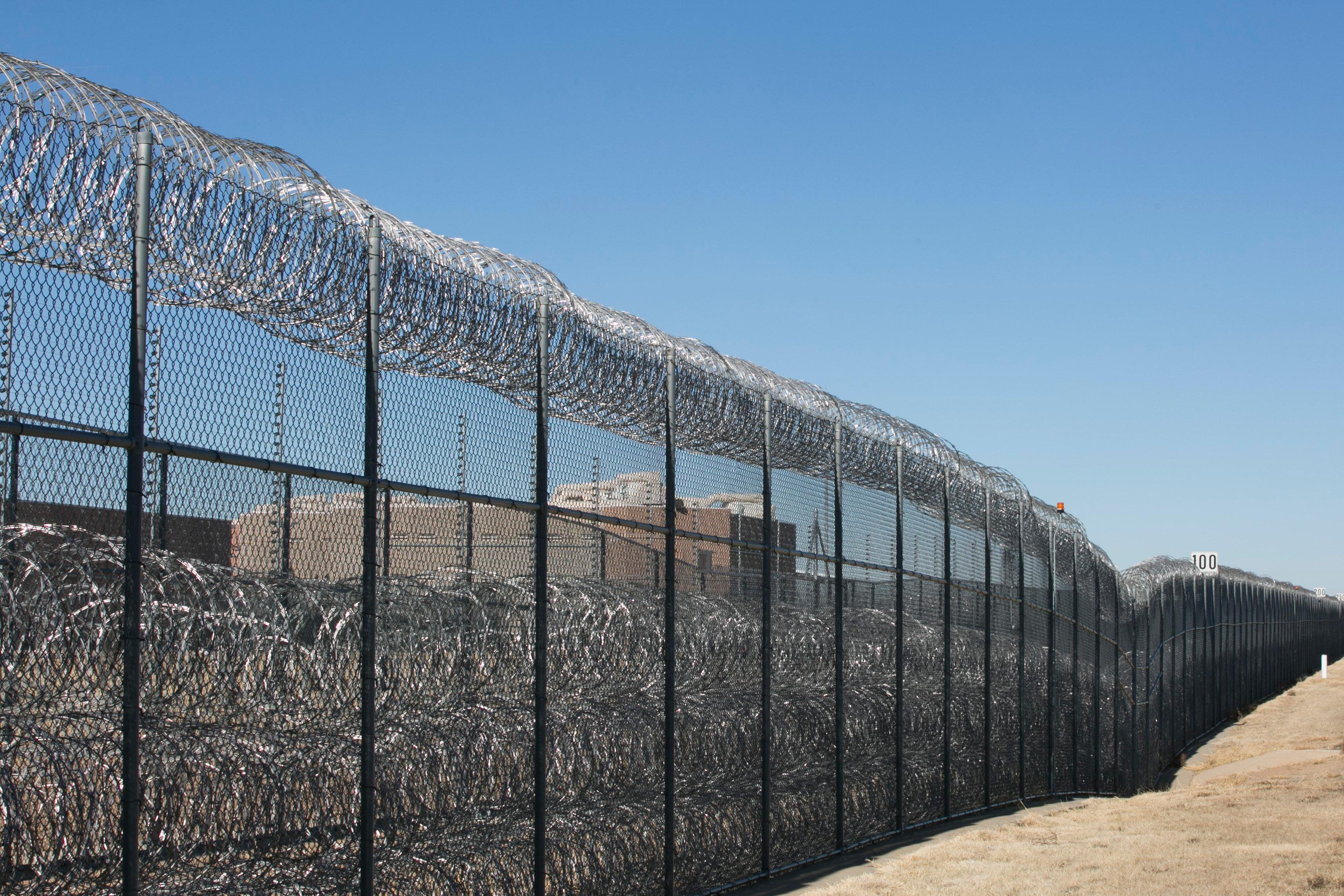
Lawyers representing incarcerated people say the state’s Department of Corrections punished thousands of people for declining to perform labor required by the state — including punishments that bordered on solitary confinement.
An ongoing and sweeping lawsuit against the state alleges corrections officials engaged in slavery or involuntary servitude in its prisons by retaliating against people who declined to perform labor inside prisons.
In filings last week, two incarcerated people moved for class-certification status in the lawsuit. Denver lawyer David Maxted and the advocacy group Towards Justice are representing the inmates, most of whom are still incarcerated.
In those filings, one incarcerated man, 29-year-old Casey Lowe, said that he was confined to a cell 22 hours a day when he showed up late a few times to a mandatory veggie prep shift at the Four Mile Correctional Facility.
He was placed on restricted privileges, had little or no contact with his family and had his canteen privileges — that is, what he could buy at the store — restricted.
“It was horrible. This experience caused me to suffer pretty bad anxiety and depression. I would get in my head a lot, I had trouble sleeping. I suffered a lack of energy, and I found it very difficult to remain positive,” Lowe wrote in a court filing. “I felt hopeless all the time. This was made even worse by the fact that I could not contact my support network to help me cope with my anxiety and depression because my phone was cut off and that I did not even get the minimum recreation and library time I should have been allowed.”
Lowe also said the punishments resulted in him spending “more time in prison and prevented me from getting to a halfway house.”
Another man, 28-year-old Elias Vasquez who is incarcerated at the Arkansas Valley Correctional Facility, said declining the coerced jobs inside the prison always resulted in punishment.
When Vasquez said he didn’t want to work in the kitchen, prison officials put him on restricted privileges for 58 days. He couldn’t speak to family on the phone and couldn’t buy enough things from the canteen to maintain basic hygiene, he alleged in court documents.
Lawyers say these policies violate Amendment A, which was approved by Colorado voters in 2018 and bans the state from “engaging in slavery or involuntary servitude” under any circumstances.
Valerie Collins, an attorney from Towards Justice, said the case isn’t about prohibiting all prison labor.
“All our clients are demanding is that the state stops forcing people to work,” she said, in a statement. “The state could remedy these constitutional violations today if it wanted to.”
A spokesperson for the state Department of Corrections did not have a comment about the filings.








